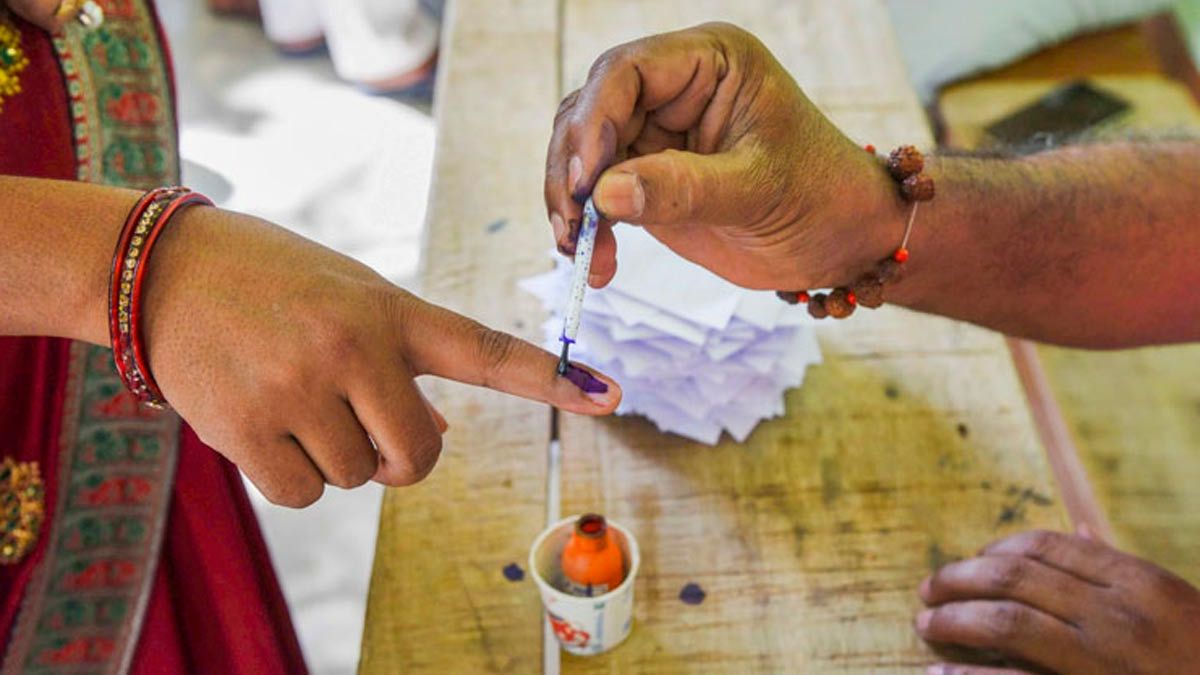Explained | Why SIR has unsettled the opposition in Bihar ahead of assembly elections
 Representational image | PTI
Representational image | PTI
The Election Commission of India’s (ECI) step to revise the electoral rolls in Bihar under Special Intensive Revision (SIR) has stirred a fierce political storm, with opposition parties (RJD-Congress led bloc in Bihar) accusing the political dispensation at the Centre of deliberately attempting to disenfranchise millions of voters ahead of the state’s Assembly elections scheduled for October-November 2025.
There is also another consideration that if the process takes place, it could filter out a chunk of Muslim population in Seemanchal region where almost 50 per cent of the population is Muslim as against Bihar’s statewide average of 17 per cent. The region has around 25 assembly seats and therefore the opposition parties are wary that their main electoral power-base would get impacted. Seemanchal has a population of about 1 crore distributed in four districts of Purnea, Katihar, Kishanganj and Araria.
A political analyst said, "Seemanchal is the neighbouring region of the Siliguri corridor and there may be an increase in the Bangladeshi migrants."
Moreover, on Monday, AIMIM chief Asaduddin Owaisi, who had won 5 assembly seats in Seemanchal in 2020 assembly elections, met the Election Commission of India (ECI) and raised concerns over the SIR being carried out in Bihar. He told the panel the exercise was being carried out without consultations with political parties. He further claimed that it was also a violation of Article 14 of the Constitution, which guarantees the right to equality.
Taking place after more than two decades, experts think that the revision of electoral rolls is much needed in India, but question the timing, as the initiation of it is going from the election-bound state of Bihar.
A senior Congress leader critiquing the decision said, "An important question arises from this, why is election-bound Bihar chosen as the first state for the electoral revision?"
The opposition bloc, the Indian National Developmental Inclusive Alliance (INDIA bloc), has accused the ECI of questionable methodology that could leave out marginalised communities, particularly Muslims, migrant workers and Dalits, from the electoral process.
Moreover, other opposition leaders such as RJD MP Manoj Jha, TMC MP Mahua Moitra and CPI(ML) general secretary Dipankar Bhattacharya have also vociferously echoed their opposition to the move and have even filed a petition against it in the Supreme Court.
On Saturday, the Association for Democratic Reforms (ADR), a non-governmental organisation (NGO), filed a writ petition in the Supreme Court challenging the Election Commission’s Special Intensive Revision (SIR) of the electoral roll in Bihar ahead of the upcoming assembly elections.
ADR argued that the SIR process disproportionately impacts economically and socially marginalised communities and mirrors the framework and implications of the National Register of Citizens (NRC), which has faced widespread criticism. Additionally, Supreme Court will now hear the petitions on 10 July.
According to Election Commission of India’s press note the SIR exercise is progressing smoothly with the active cooperation of the electors. “As per instructions, draft electoral rolls that will be issues on August 2025 will contain the names of persons whose enumeration forms are received.”
As of Monday, at 6 pm, 36.47 per cent of nearly 7.9 crore electors enumeration forms in Bihar who are enrolled as on June 24, 2025 have been receive, the ECI said.
India